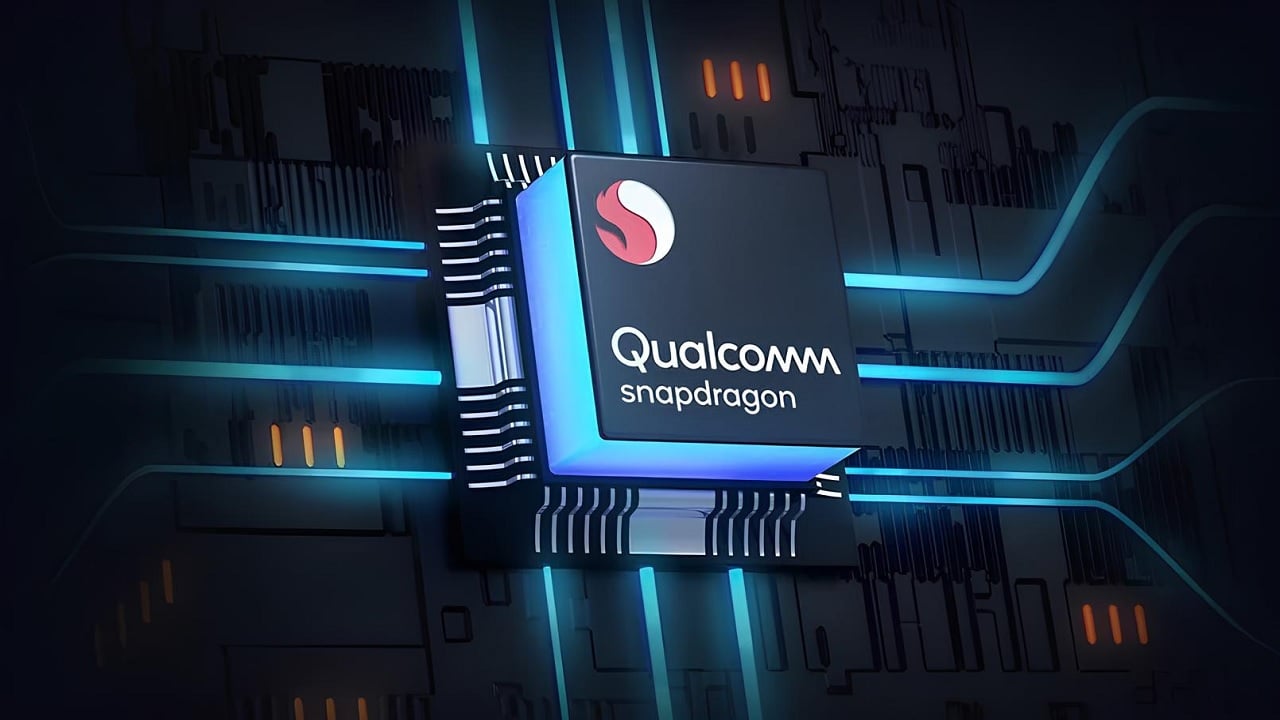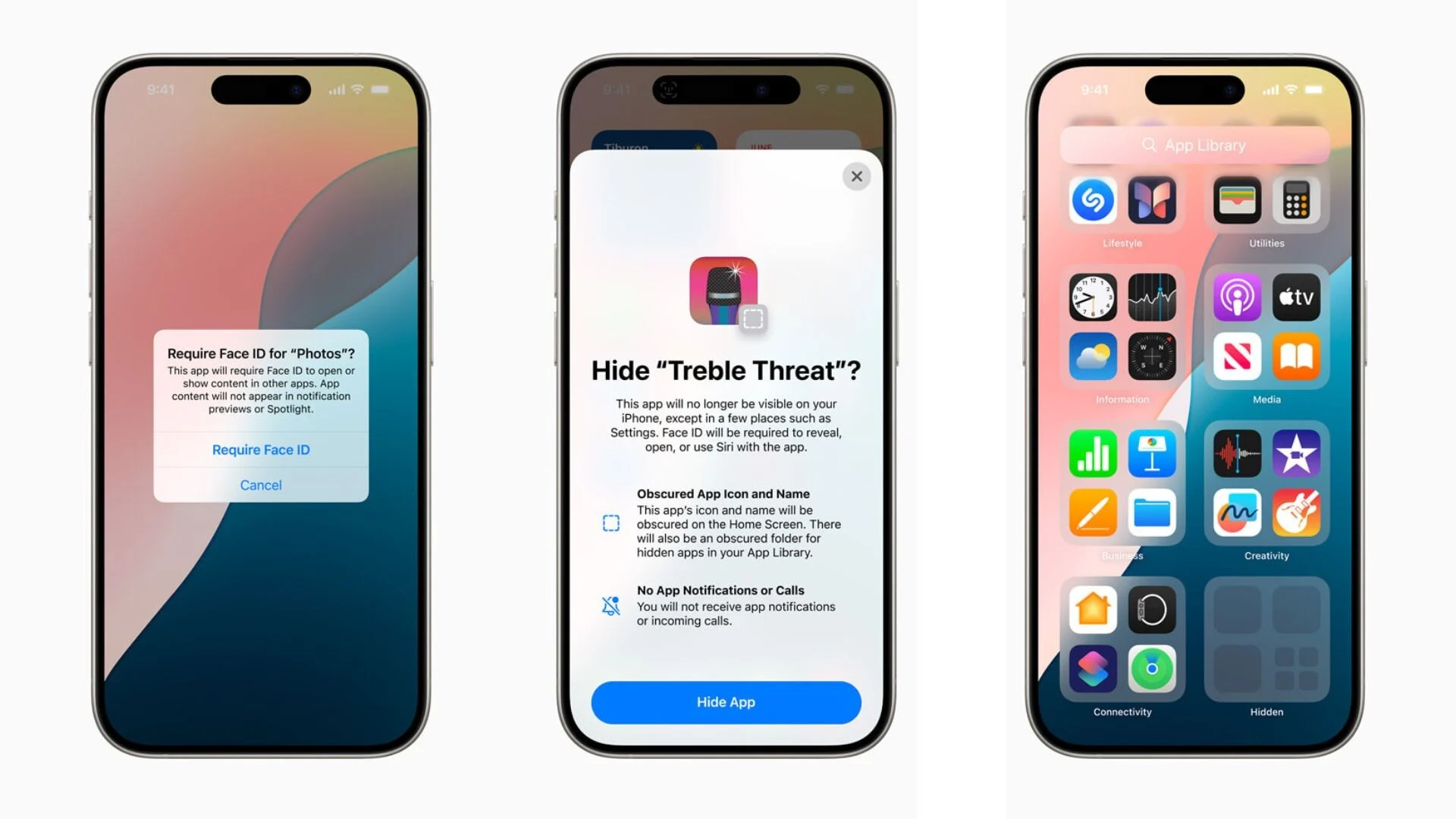In a significant move to curb the spread of terrorist propaganda online, the Pakistani government has launched a new series of initiatives aimed at targeting banned terrorist organizations operating on social media platforms. The measures, which were discussed during a meeting of the Coordination Committee of the National Action Plan (NAP), were approved on Tuesday. With the rise in online extremism and the increasing use of social media by terrorist groups to promote violence, the Pakistani government is taking decisive steps to ensure that these platforms do not become breeding grounds for terrorism.
Government’s Strategic Approach to Combat Online Terrorism
The Pakistani government’s commitment to tackling online terrorism is evident in the new measures introduced by the NAP. The National Action Plan, which was established to fight terrorism and extremism in the country, now has a focused effort on addressing the digital aspects of terrorism. The latest set of measures was approved in a high-level meeting chaired by Interior Minister Mohsin Naqvi, which emphasized the need for a unified, coordinated response across various government bodies.
Key Decisions to Curb Terrorist Activity
The measures adopted during the meeting cover a wide array of strategies aimed at preventing the misuse of social media by banned terrorist groups. These include technological interventions, inter-agency collaboration, and enhanced enforcement of existing laws.
Blocking Terrorist Accounts and Pages on Social Media
One of the central decisions of the meeting was to block accounts, pages, and groups linked to banned terrorist organizations across all social media platforms. The Pakistan Telecommunication Authority (PTA), which is tasked with regulating the country’s telecommunication systems, has been given the responsibility to identify and take down accounts promoting extremist content. This move is part of a broader effort to limit the digital presence of terrorist groups and reduce their ability to spread propaganda, recruit new members, and plan violent acts.
Social media platforms like Facebook, Twitter, and YouTube have become key tools for extremist groups in the 21st century. These platforms allow for the rapid spread of terrorist ideologies and communication of covert messages. By blocking these accounts, the government aims to disrupt these channels of communication, which are essential for the operation of terrorist cells.
A Coordinated and Swift Response
To implement these measures effectively, the PTA will collaborate with global social media companies to ensure compliance with Pakistani laws. The PTA’s role will also involve the constant monitoring of content, enabling it to act swiftly when new extremist content appears. The initiative will also see an increased focus on identifying and shutting down encrypted communication platforms used by banned groups.
SIM Card Crackdown: Disrupting Terrorist Communications
Another key decision made during the meeting was the launch of a crackdown on the use of illegal SIM cards. These unregistered SIM cards are frequently used by terrorist organizations to coordinate activities without leaving a traceable digital footprint. The Pakistani government plans to implement a province-wide strategy to eliminate the use of these SIM cards, which will hinder the ability of terrorist groups to communicate effectively.
The use of illegal SIM cards has been a longstanding issue in Pakistan, particularly in areas with a high level of extremism. These SIM cards often bypass the national security infrastructure that allows for the tracking and monitoring of mobile communications. By making it more difficult for terrorists to use such cards, the government is seeking to isolate these groups and make it harder for them to plan and execute their operations.
Strengthened Inter-Agency Coordination
In addition to blocking online accounts and tackling illegal SIM card usage, the government has emphasized the need for greater inter-agency coordination to combat online extremism. The National Fusion Centre (NFC), which brings together multiple intelligence agencies, will play a key role in strengthening collaboration between the National Counter Terrorism Authority (NACTA) and provincial authorities.
This collaboration is essential to ensure that information is shared efficiently and that all agencies are working in tandem to combat terrorism. A streamlined approach will allow for faster identification of threats, quicker response times, and more comprehensive action to stop terrorist activity before it spreads.
Online Extremism: A Growing Threat to National Security
The rise of social media as a tool for extremist groups has become one of the most pressing issues for governments worldwide. The ability of terrorist organizations to spread propaganda, radicalize individuals, and coordinate attacks remotely has made the digital landscape a battlefield for national security. The government’s latest efforts to combat online extremism are in direct response to this growing threat.
Propaganda and Recruitment on Social Media
Terrorist groups often use social media platforms to recruit new members and spread their ideology. They target vulnerable individuals, often young people, with propaganda that encourages violence and extremism. Through social media, these groups can reach a global audience, making it much harder for any one country to contain the spread of their messages.
The Pakistani government recognizes that it must act decisively to stop the use of social media by terrorist organizations. By blocking extremist accounts and pages, the government hopes to prevent groups from radicalizing individuals and recruiting them into terrorist activities.
Preventing the Planning of Attacks
Social media is also used by terrorist groups to plan and coordinate attacks. Platforms that offer encrypted messaging services are frequently used to communicate in secret. These channels allow groups to bypass traditional surveillance methods and avoid detection by law enforcement agencies. By disrupting these communication networks, the Pakistani government aims to make it more difficult for terrorist groups to plan and execute attacks.
Next Steps and Detailed Action Plans
Following the meeting, all relevant institutions, including the PTA, have been tasked with preparing detailed action plans outlining the implementation of the new measures. These plans will be presented in the next meeting to ensure that all stakeholders are on the same page and that efforts are being coordinated effectively. The government has stressed that these measures are only the beginning and that it is committed to taking even more comprehensive steps to combat the spread of extremism on social media.
FAQs
1. Why is the Pakistani government cracking down on social media?
The Pakistani government is cracking down on social media to prevent banned terrorist organizations from spreading propaganda, recruiting new members, and planning attacks online.
2. How will the government block terrorist accounts on social media?
The Pakistan Telecommunication Authority (PTA) will monitor social media platforms and block accounts, pages, and groups linked to banned terrorist organizations.
3. What is the SIM card crackdown about?
The government plans to prevent the misuse of illegal SIM cards, which terrorist groups use to communicate without detection.
4. How will inter-agency coordination help combat terrorism?
The National Fusion Centre (NFC) will facilitate better collaboration between intelligence agencies, enabling a more unified and effective response to terrorist threats.
5. How can these measures help reduce terrorism in Pakistan?
By disrupting online communication and recruitment channels, blocking terrorist accounts, and cracking down on illegal SIM card usage, the government aims to limit the ability of terrorist groups to operate and communicate freely.
Conclusion: A Stronger Effort to Combat Online Extremism
Pakistan’s decision to intensify efforts against online terrorism is a necessary and timely response to the growing threat of extremism in the digital age. By blocking terrorist accounts on social media, cracking down on illegal SIM cards, and strengthening inter-agency coordination, the government is taking a comprehensive approach to disrupt terrorist activities. These measures, while important, are only a part of the broader effort to combat terrorism in all its forms. As these initiatives are rolled out, the government’s commitment to safeguarding Pakistan’s national security and protecting its citizens remains clear.
MUST READ:
https://flarenews.pk/2024/12/04/fbi-warns-to-avoid-texting-switch-to-encrypted-apps/



